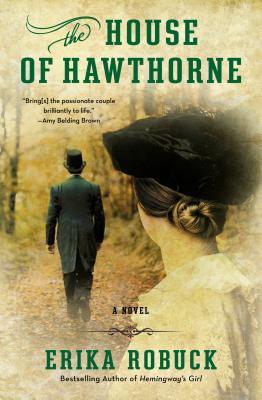 |
| Will it translate into exotic, rare and exquisite prose? |
Does it matter what kind of coffee you are drinking? If you drink better coffee, can you be a better writer?
It is said that J. K. Rowling wrote the first of the Harry Potter series while sitting in a coffee shop, where the air is rich with caffeine fumes. The brain would be under constant stimulation, which is what you want when you're trying to pull a word out of the dark recesses of your memory. A coffee shop sells better beans than what you'd find at the nearest McDonald's, so maybe your difficulty in getting a literary agent's attention has more to do with the coffee that fuels your creativity than your actual writing.
In other words, your writing would be better if you mingled with a better class of coffee beans.
The time has come, to take your pens and paper or your electronic writing device of choice, and park yourself in the nearest Starbucks. Empty out your bank account before you go, however. You are investing in your literary career, and this particular fix is going to cost you.
Better beans, better words? Can you get any better than a pound of the black stuff that sets you back $80?
Maybe you have to keep to a budget and can't avoid putting some gas in the car so you can get to your job. You could buy a single cup of "Starbucks Reserve" at $7.50 and linger over it until it's gone ice cold. Watch your fellow Starbucks clients and try to sit next to someone else with the cash to buy a very expensive drink. Remember the power of the fumes. Lean over and inhale deeply, if you can do so without drawing too much attention to yourself.
What is so special about these beans?
In part, it's a rare offering. Only 2000 lbs were harvested, so you've got a case of supply and demand setting the price at auction.
Did the beans come from some special and unique area of Brazil, a small corner of the country that has some unusual soil qualities that affect the coffee plants and alter the composition of the fruit?
Does it matter?
As long as the best coffee around is available, why not try the treatment to make your writing the best around as well?
Besides, they have free Wi-Fi, don't they? When you get stumped you can take a little break and check your e-mail, to see if those literary agents have responded with a request for pages.




















